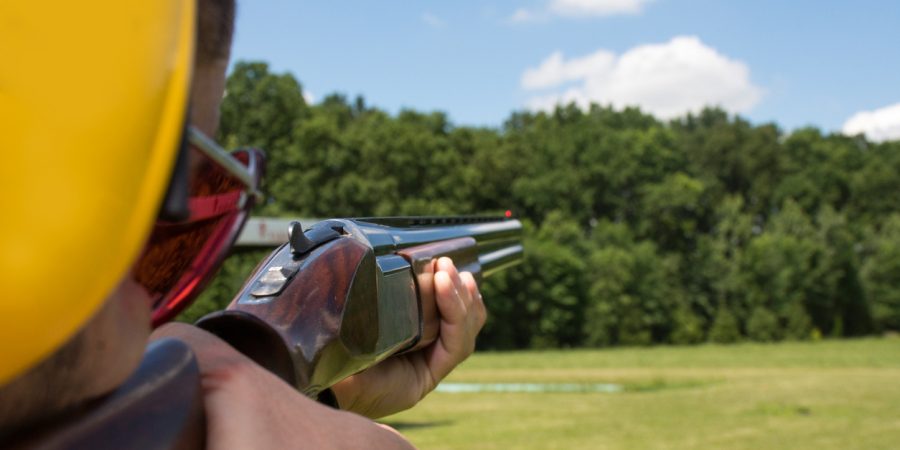Colchester, Essex
In AD49 Colchester (then known as Camulodunum) was the first place in Britain to be given the status of a Roman Colonia by the Roman Emperor Claudius. A Colonia was a planned settlement for retired veteran soldiers who became citizens of Rome upon discharge, with all the privileges that Roman citizenship afforded. This meant Colchester acted as a focal point for “Roman-ness” in the new province of Britannia and a beacon for transmitting Roman civilisation and values throughout the region. It’s status and importance further endorsed by the attack on Colchester led by Queen Boudica in AD60 as her revolt against Roman rule.
Britain’s First City
Colchester’s status as a Colonia has never been revoked. So, while it has yet to achieve modern city status, Colchester’s historic claim to be both Britain’s first city and the former capital of Britain is undisputed as far as any records show. Its position, close to the sea, and a large population of circa 12,000 indicated it was a large and vital town by Roman standards. Its status and importance were further endorsed by the attack on Colchester led by Queen Boudica in AD60 as her revolt against Roman rule.

Besieged, Ransacked and Rebuilt
The town saw many invasions after this starting with the Saxons who named it Colne Ceaster (now Colchester) Ceaster was the Saxon word for a group of Roman buildings. The Danes came next who used the old Roman forts and walls as strongholds. The English then recaptured it from the Danes besieging town and fought till they overcame it and killed all the people except those who fled away over the wall’. The English then repaired the damage to Colchester and occupied it. The Normans came next capturing Colchester and building a castle on the vaults of the old temple of Claudius. King John’s men then besieged the castle and expelled the French.

Colchester – a Fascinating Place to Explore
National political and religious struggles were reflected in dramatic local events in the 16th Century. St Botolph’s Priory & St John’s Abbey were both closed down in King Henry VIII’s dissolution of the monasteries in the 1530’s. In the reign of his zealous Catholic daughter Queen Mary, forty Protestants from Colchester and the surrounding district were burnt alive at the stake as heretics; a more substantial proportion, relative to population, than in any other town in England. When Mary was succeeded as Queen by her sister Elizabeth I, Colchester became a haven for Protestants fleeing from Flanders, where they had been defeated in a rebellion against Catholic Spain. Many of them were skilled weavers, and it was through this Dutch community that Colchester became famous for high-quality cloths. Today, Colchester celebrates its long, rich history and invites tourists to share in these experiences. You can find out more here.
Activities Befitting Colchester’s History
A town that has a long bloody history of battles with soldiers and everyday people fighting for their town and their homes, it seems appropriate to recommend activities in keeping with the town’s history as you tread upon this ancient part of the UK. So, let’s look at some of the activities that fit the bill.

The medieval longbow played a big part in the history of Colchester. These skilled bowmen were essential for the defence of the town, as well as in the ranks of those that attacked and overthrew the town’s defences.
Combat archery a modern form of archery that sees participants go into battle. Our ancestors would have approved of this fast a furious team game for their leisure time.
Being able to wield an axe would have made you a top warrior in any battle. Can you throw an axe and hit the target? These Axe throwing experiences will help you hone your skills without hurting anyone.
Clay pigeon shooting. Shooting skills became paramount during the history of Colchester when guns became common-place in battle. Together with being able to kill food, the defence of the town would have benefitted from skilled shooters. Try your hand at this sport.

Crossbows in Roman times were huge weapons operated by several men. Modern crossbows are handheld and are made to be lightweight and easy to handle. Try your hand at this weapon made famous recently by Game of Thrones.
The ability to scale walls and get at your enemy would have been an essential skill throughout the warring history of Colchester. The climbing skills you learn today will never be used like the soldiers of Rome, or the invading hordes of Saxons or Danes, but it’s a great ability to have and 100s people can be found on climbing walls regularly every week in the UK.
By CJ

